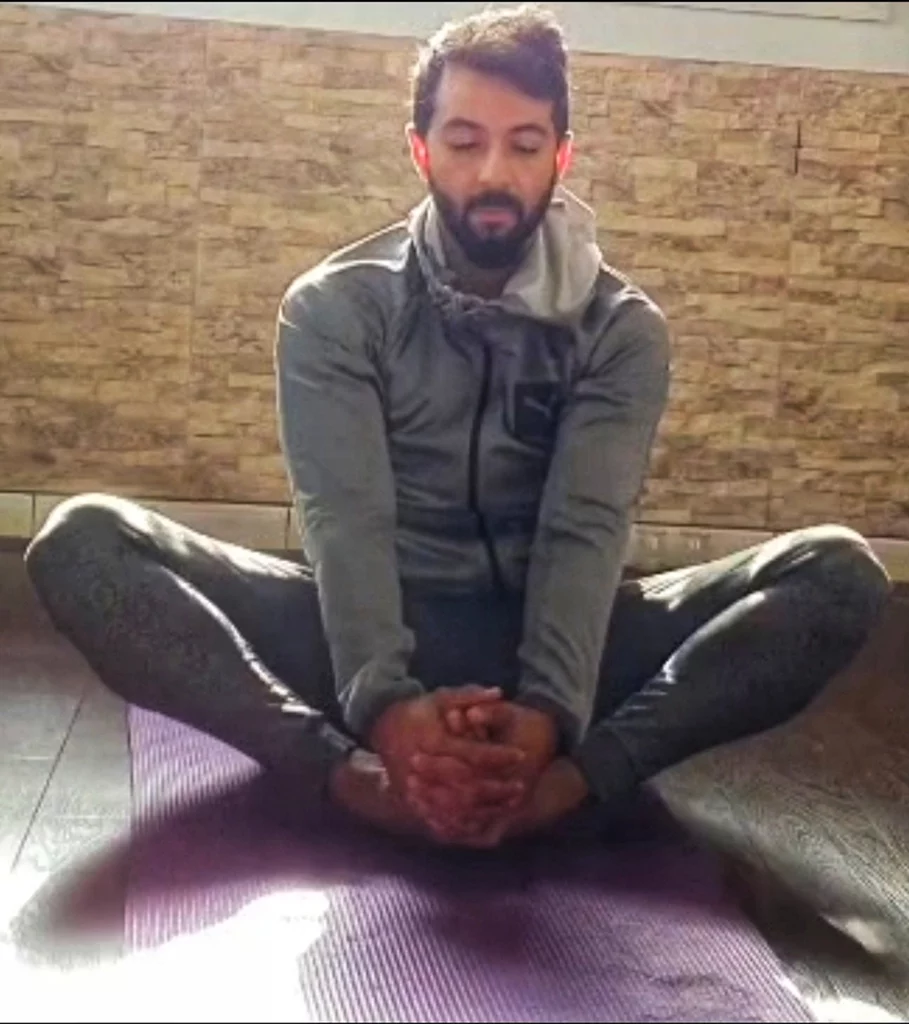
How can we sleep better?
It may seem obvious that sleep is both beneficial and important, but I’d never really given much thought about how to sleep better, until years ago when I lost the ability to sleep efficiently. I remember it affecting my mood, my productivity and plummeting my overall health.
It’s important to sleep well
Here are 12 practical steps you can implement to make yourself sleep better.
1. Set a sleep schedule. Try to sleep and wake up at the same time every day and stay consistent. This applies even more so on the weekends when people tend to sleep late and wake up later. It’s a hard one to implement, but the more consistent your sleep times – the better it’s going to be for your overall productivity.
2. Don’t use alarms if you can help it. Alarms cause a huge stress response when we wake. Snoozing is worse, as we get that repeated stress trauma every single morning. I’m sure we can all relate to the phone alarm being the worst sound in the world! Personally, I set my phone alarm to vibrate only.
3. Wake up with the sun or use very bright lights. This helps set our circadian rhythm and indicates to our body clock that the day has begun, it’s time to be awake.
4. Avoid all caffeine and nicotine completely, if possible. If you enjoy having caffeine, like I do, then aim to stop having it at least 10 hours before sleeping.
5. Exercise regularly. Consistent exercise helps with our sleep and is generally good for us. But avoid exercising within three hours of bedtime.
6. Avoid napping during the day. It apparently makes it harder to sleep properly at night. I’m not much of a napper myself, but napping spoils your sleep appetite – like having a snack before dinner ruins your meal’s appetite.
7. Avoid Alcohol. Alcohol is one of the most powerful suppressors of REM – rapid eye movement sleep, or your dream sleep. If you consume alcohol before sleeping, it’s definitely going to affect your sleep quality. The annoying advice of ABSTINENCE is the best and the most honest one I can offer. For me personally, alcohol totally wrecks my sleep. For this reason, I gave it up a little while back and it’s been a total game changer, won’t lie.

8. Avoid large meals at least 3 hours before you sleep at night. Eating a large meal before sleeping does make us feel sleepy, but it definitely affects the quality of our sleep negatively.
9. Reduce lights before sleep. Blue light is particularly harmful. Ideally, in the evening, replace bright LEDs with warm yellow glows to avoid blue light at night time, especially the ones emitted from our phones and devices. Use the blue light filter instead.
10. Cool your body temperature before sleeping. The ideal temperature for sleeping is 65 degrees Fahrenheit, which is 18.3 degrees Celsius, which is actually pretty cold. Anecdotally speaking – I sleep SO much better when my room is chilled. When its warm – it’s just straight up impossible for me to fall asleep!
11. Don’t rely on sleeping pills. Those are generally bad, and they don’t really help with our sleep. Instead, they put us into a state of sedation, which isn’t the same as sleep, and thus, deprives us of the benefits of sleep.
12. Don’t lie in bed awake trying to fall asleep for more than 20 minutes. This is something I struggled with a lot before I started taking care of my sleep: stressing about WHY I couldn’t fall asleep! This only increases stress and anxiety, which paradoxically makes it even harder to fall asleep. Instead, just get out of bed and do something for a few minutes or read a book until you feel sleepy again.
At a time where normalcy and routine have been replaced with sheer survival mode, people are becoming increasingly mindful of maintaining the same levels of productivity in their new ways of working and living. With many now working from home, while also taking care of young children or elderly family members, it can sometimes be difficult to stay focused and perform at one hundred percent. While people are striving for productivity, it is important to be aware of the role that health – specifically sleep health – plays. There is no substitute for sleep.
As we navigate the new normal and aim to maintain productivity, sleep is crucial and gives the brain and body the necessary tools to perform at optimal levels every day. By prioritising sleep, we can not only improve performance, but also overall holistic wellbeing. Until we move toward valuing sleep and its productivity-boosting potential as a cultural norm, you can at the very least value it for yourself—and your productivity and health.


